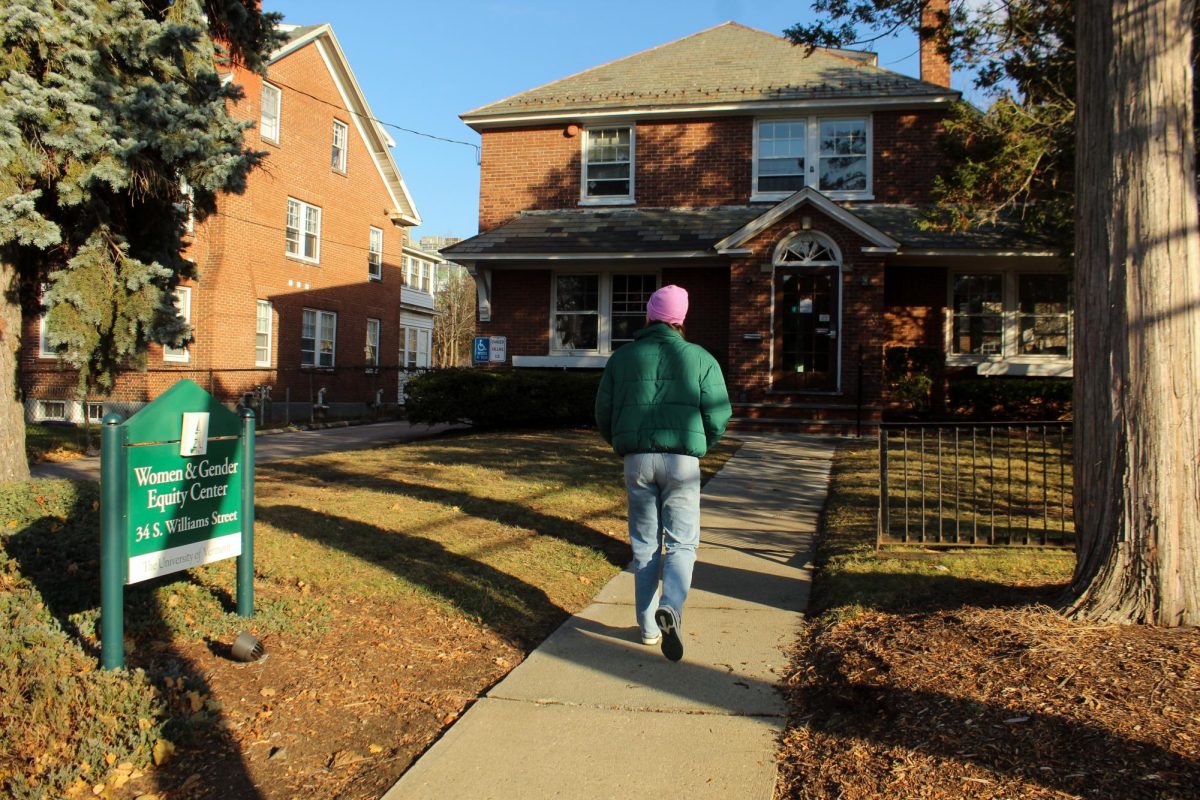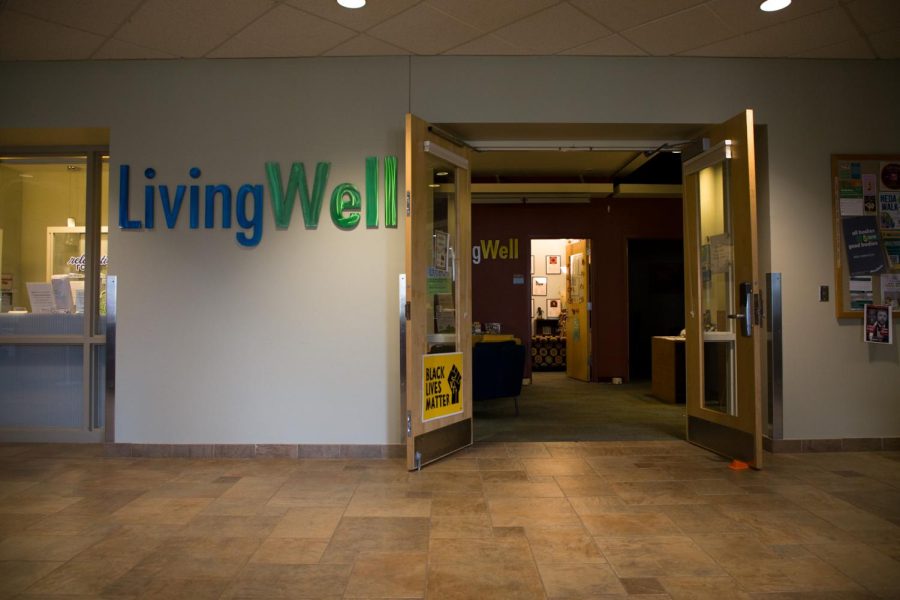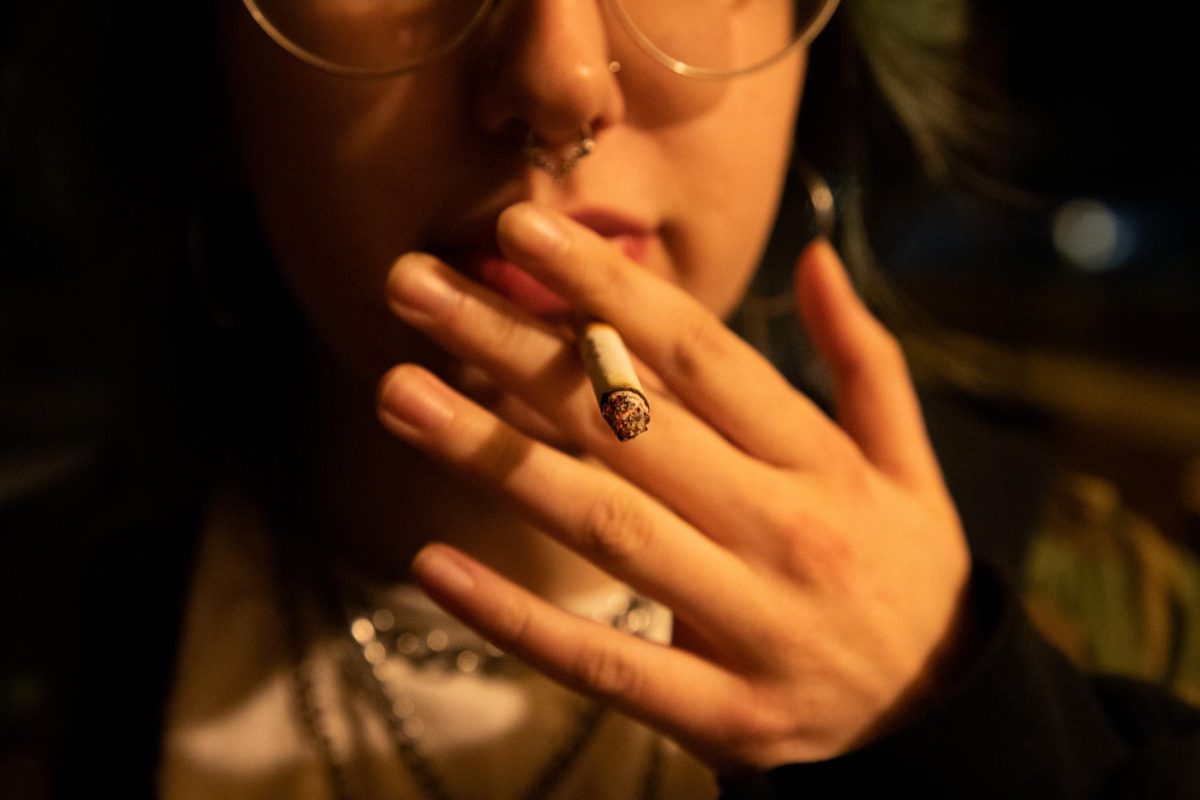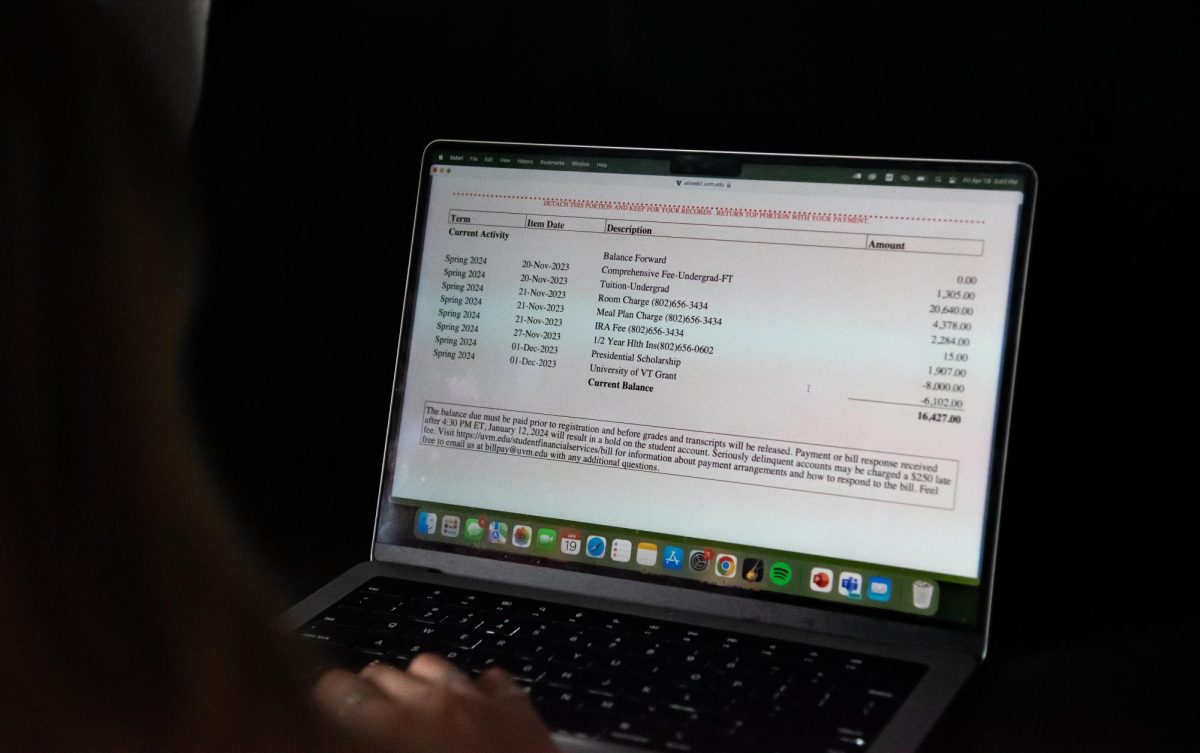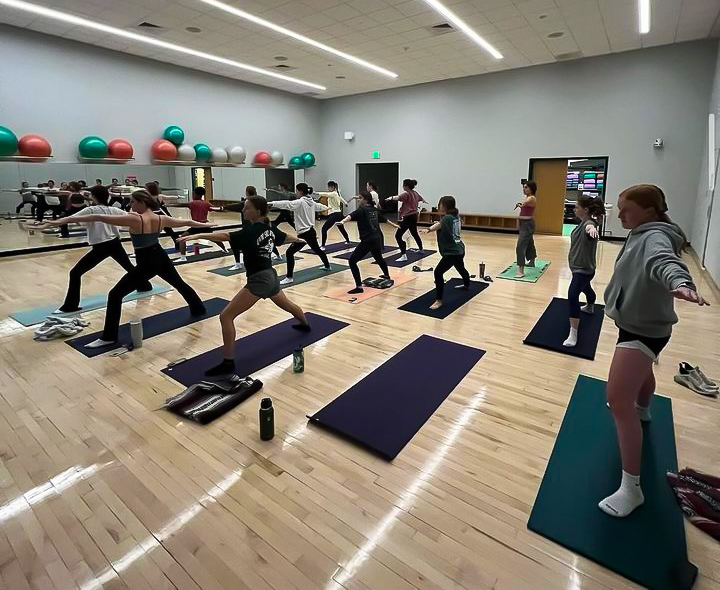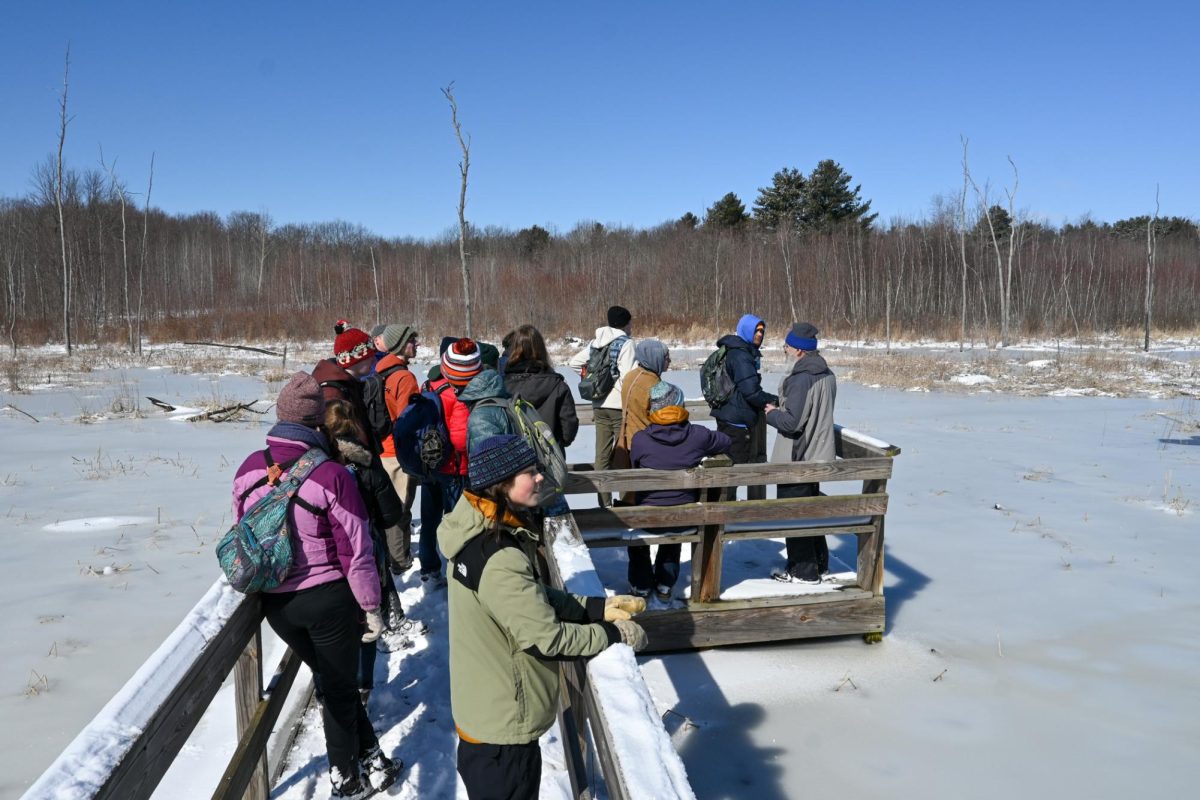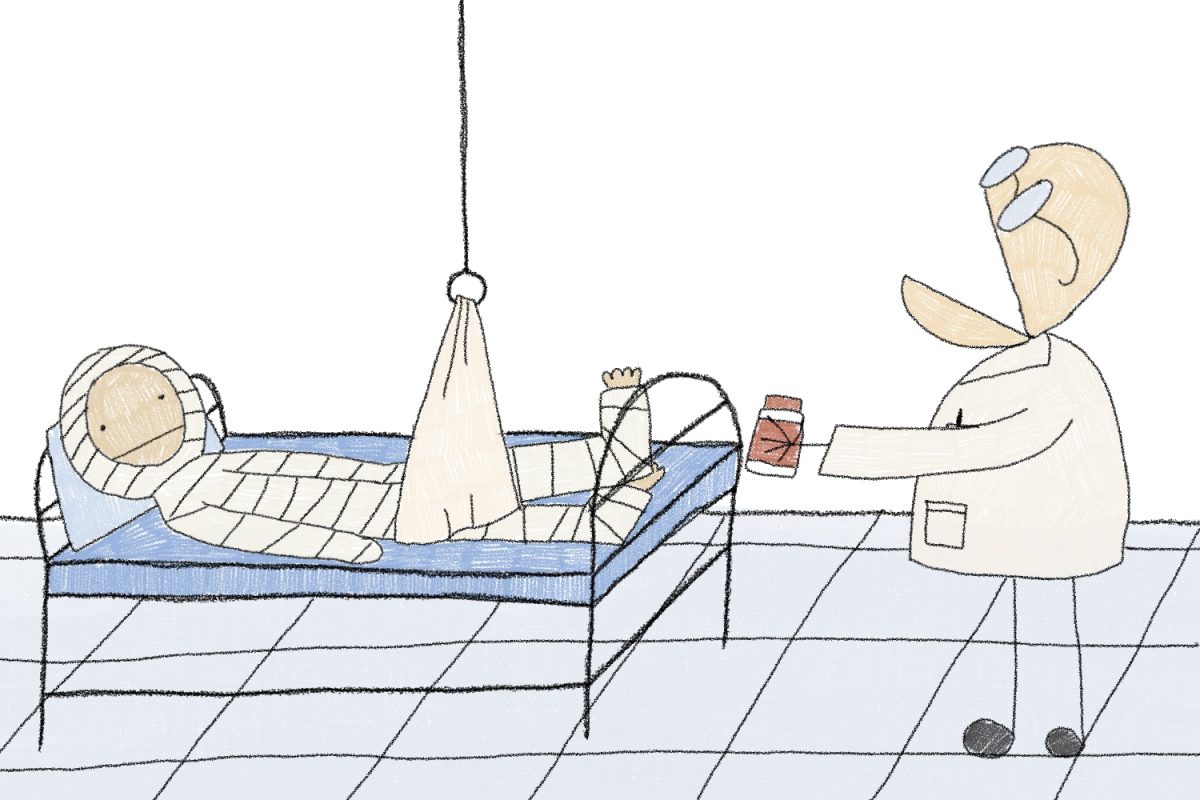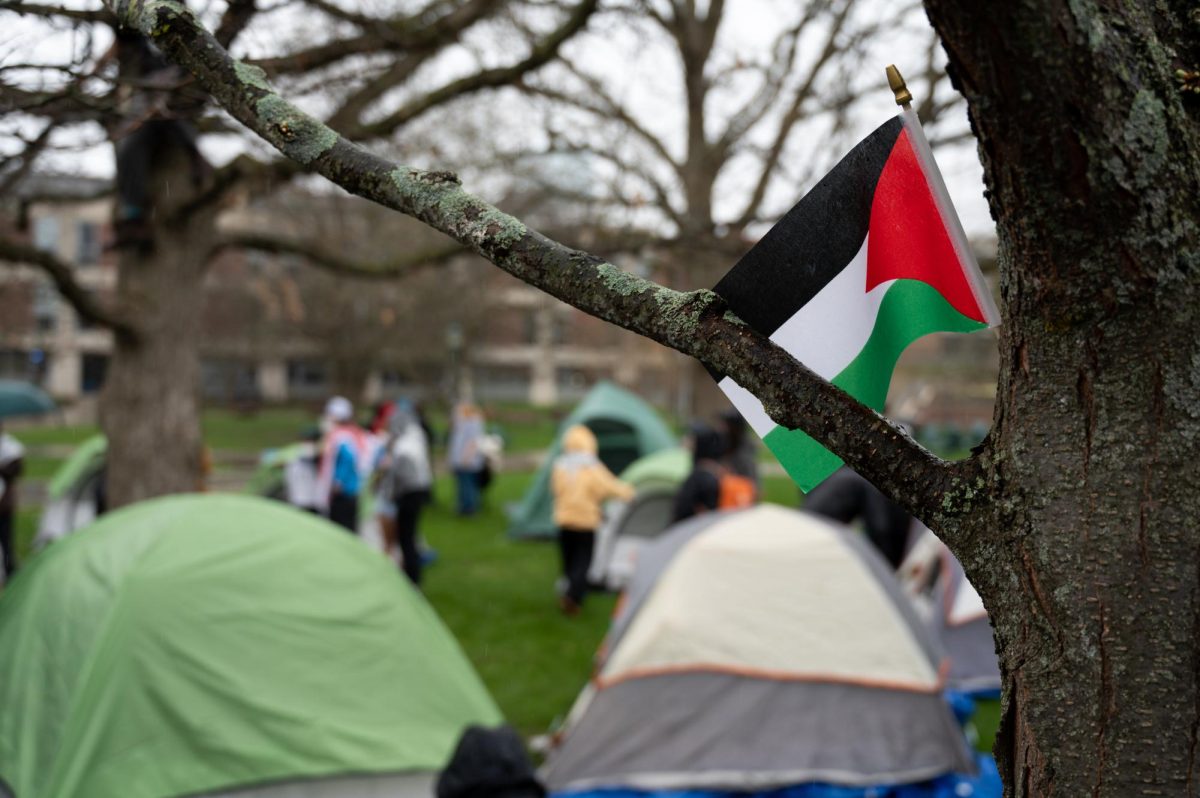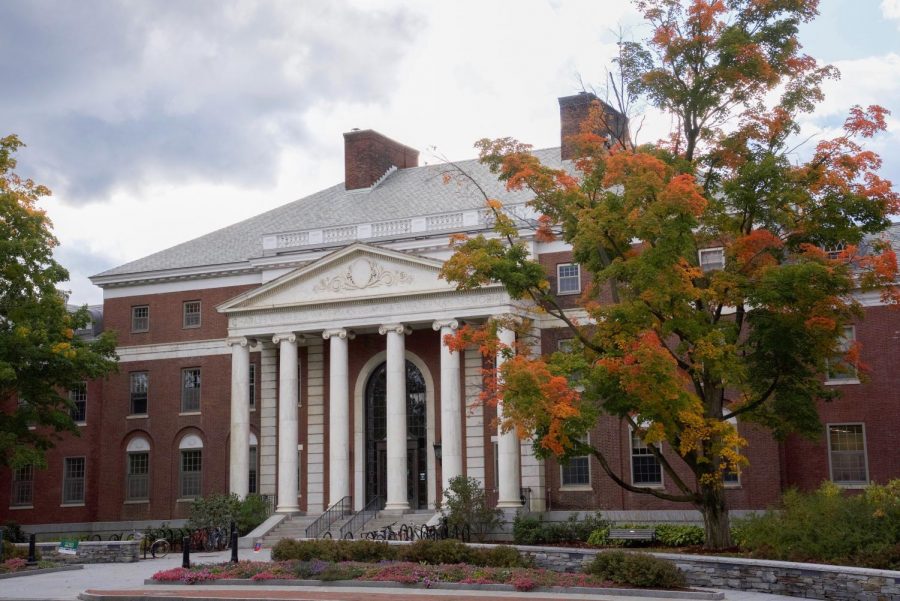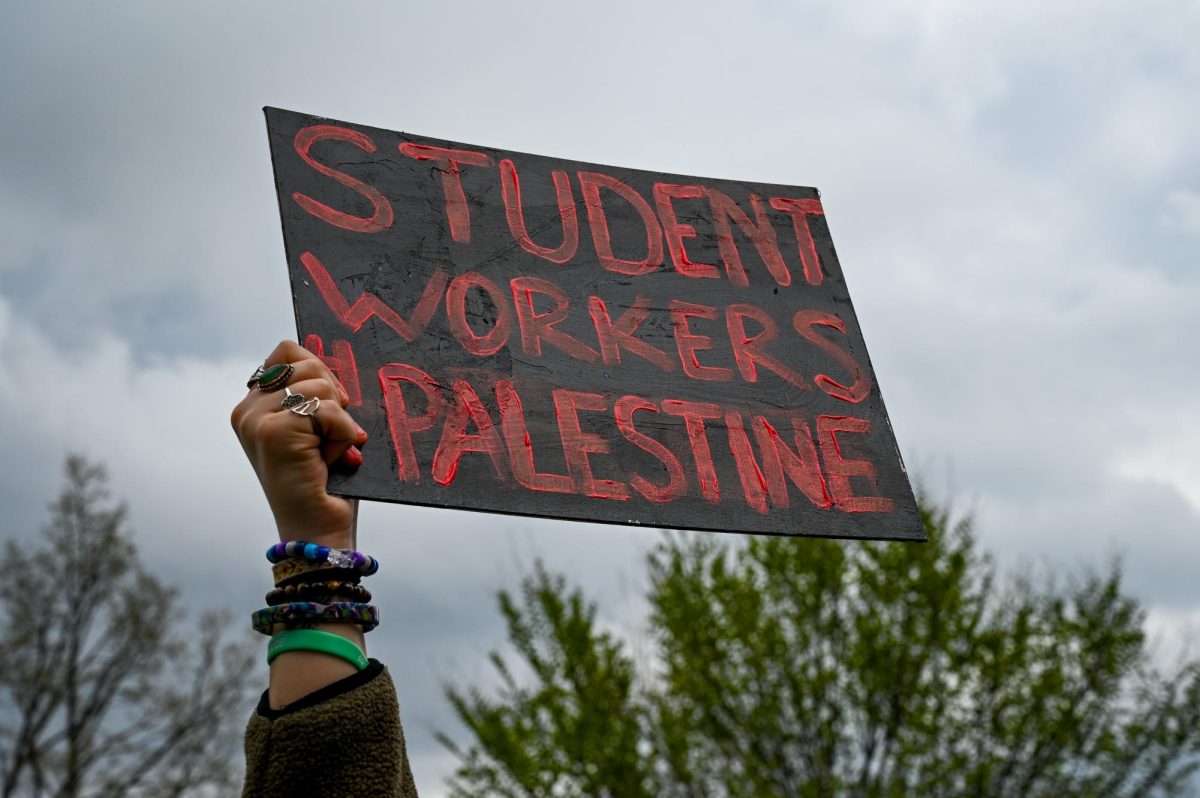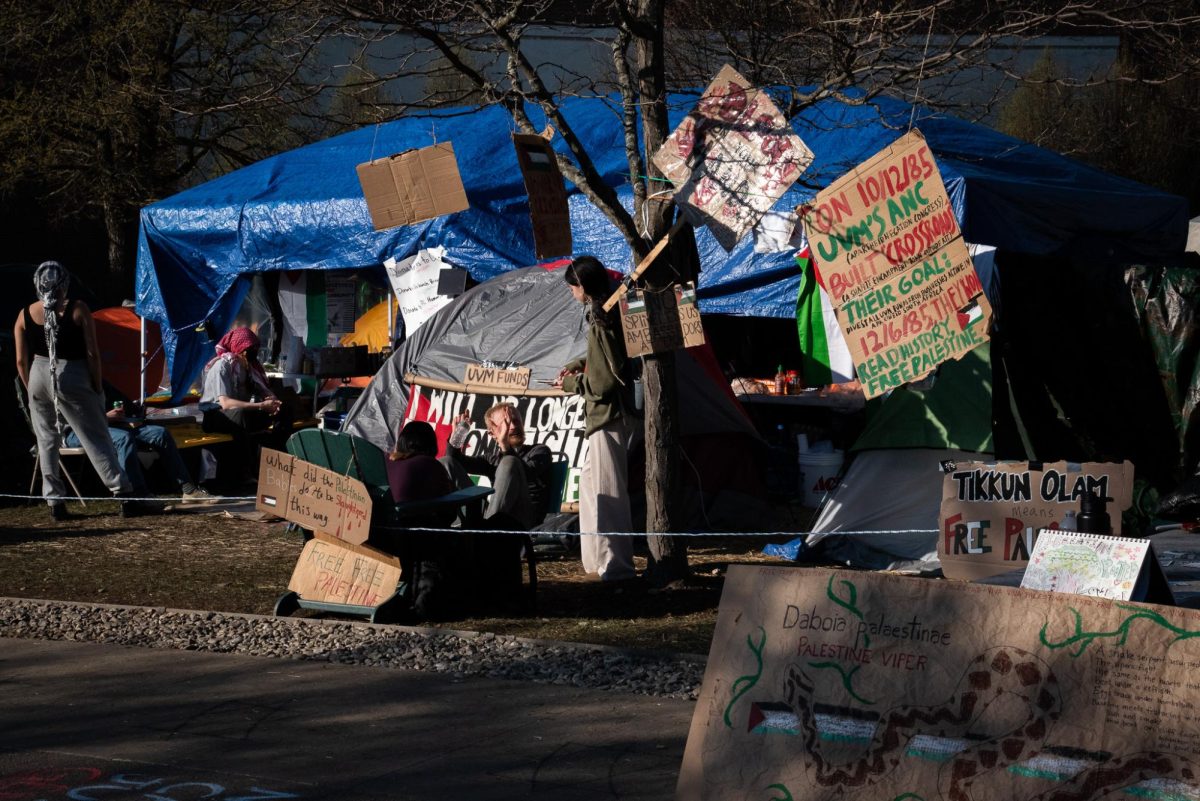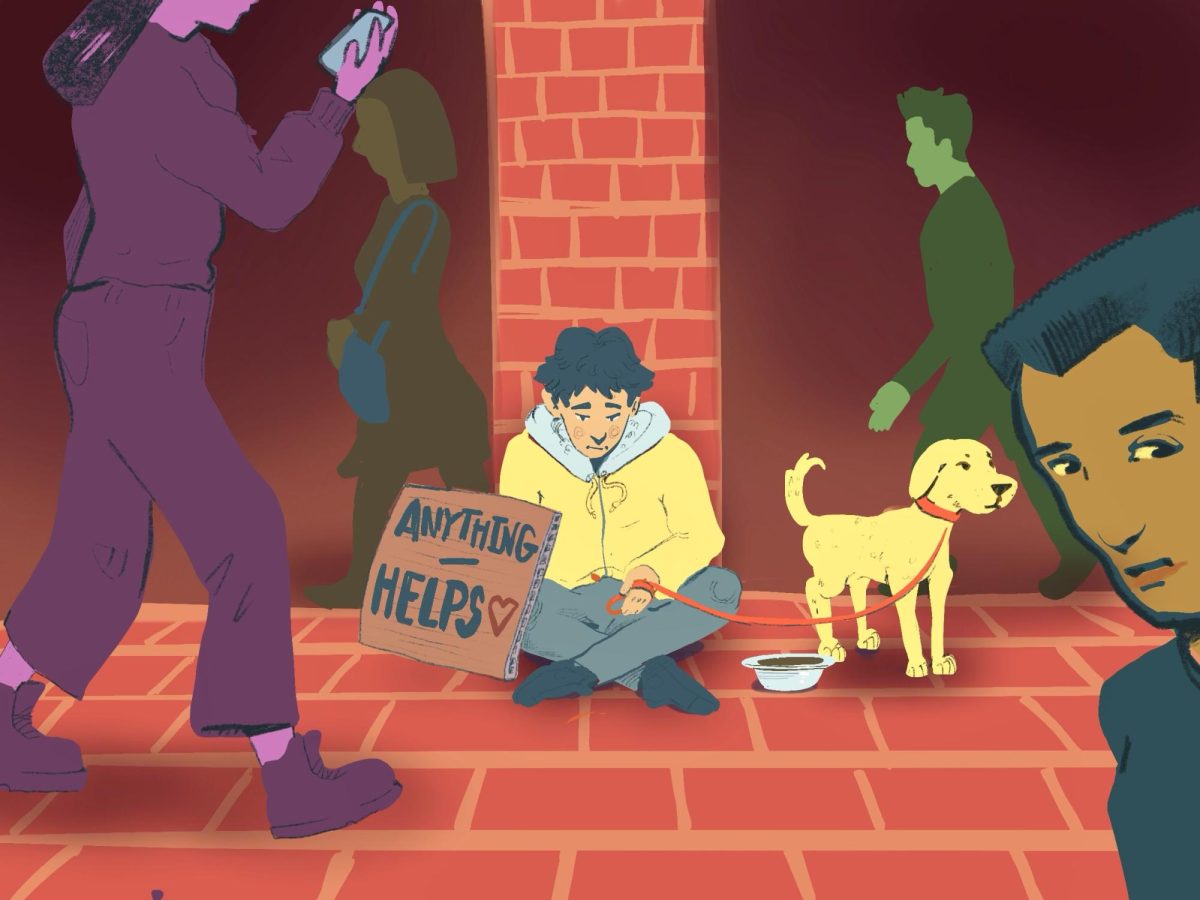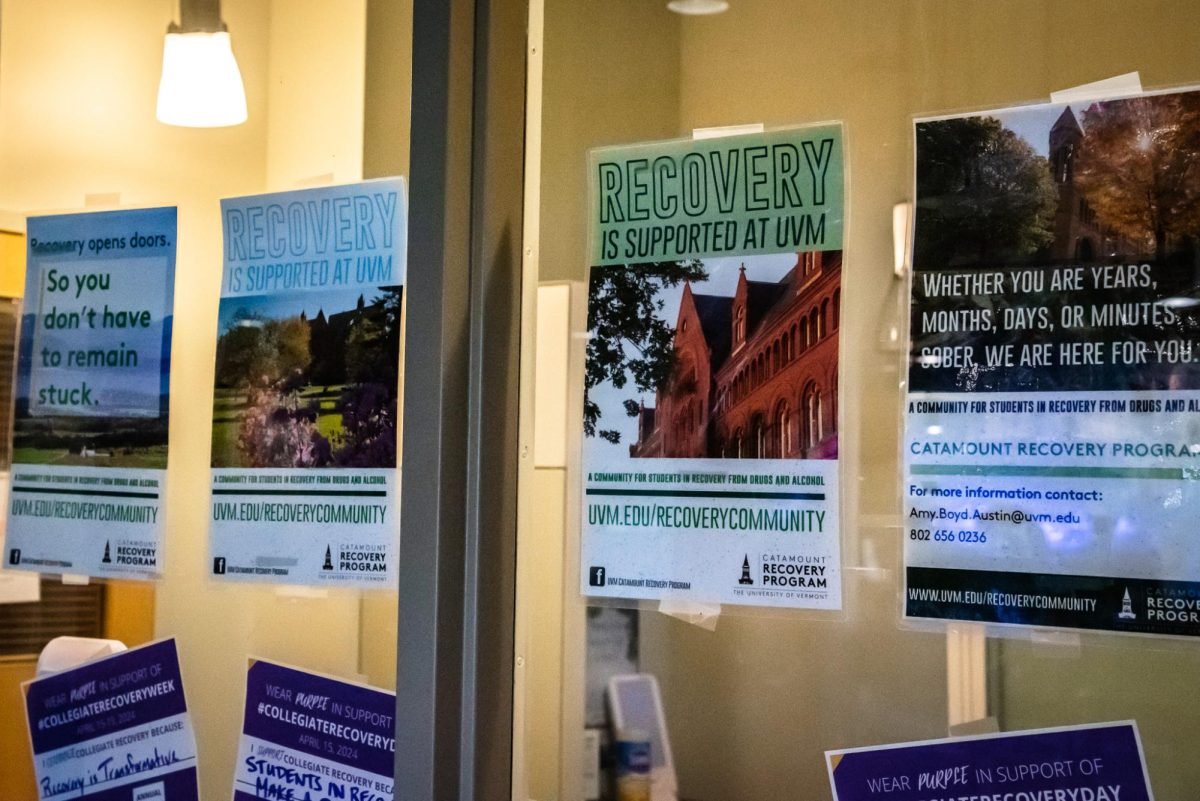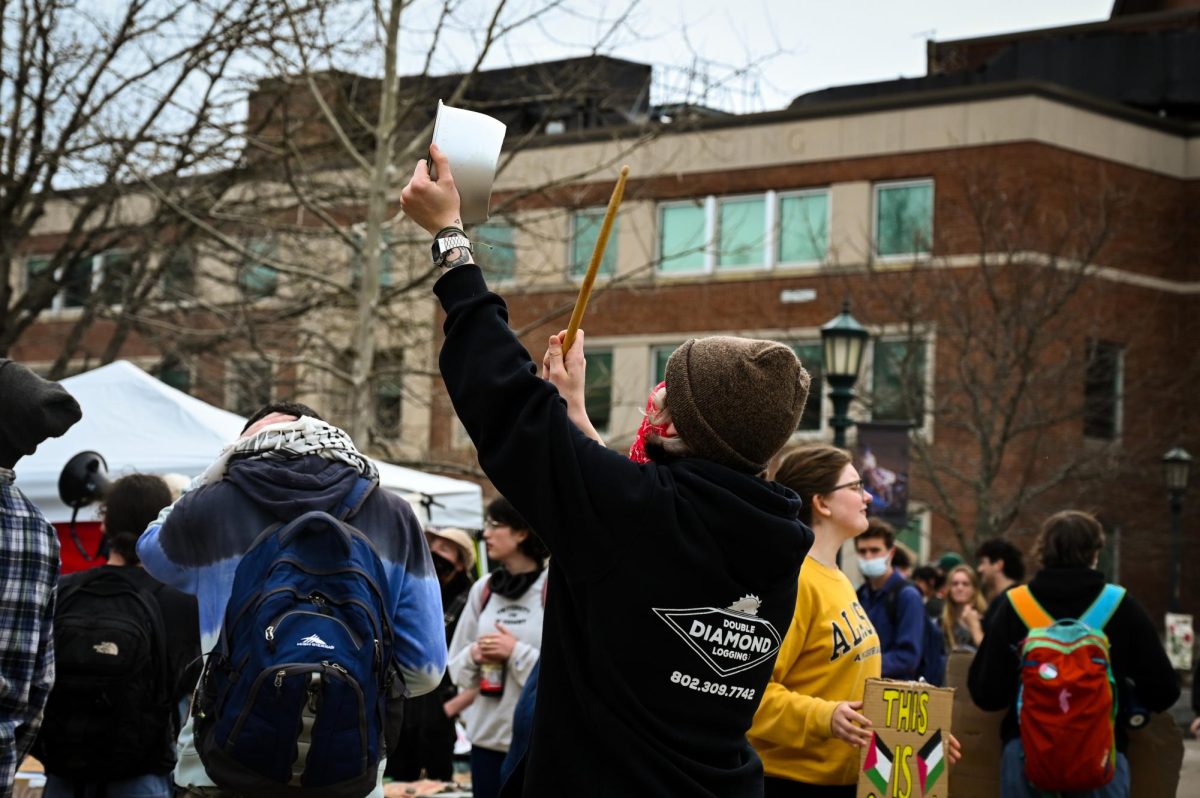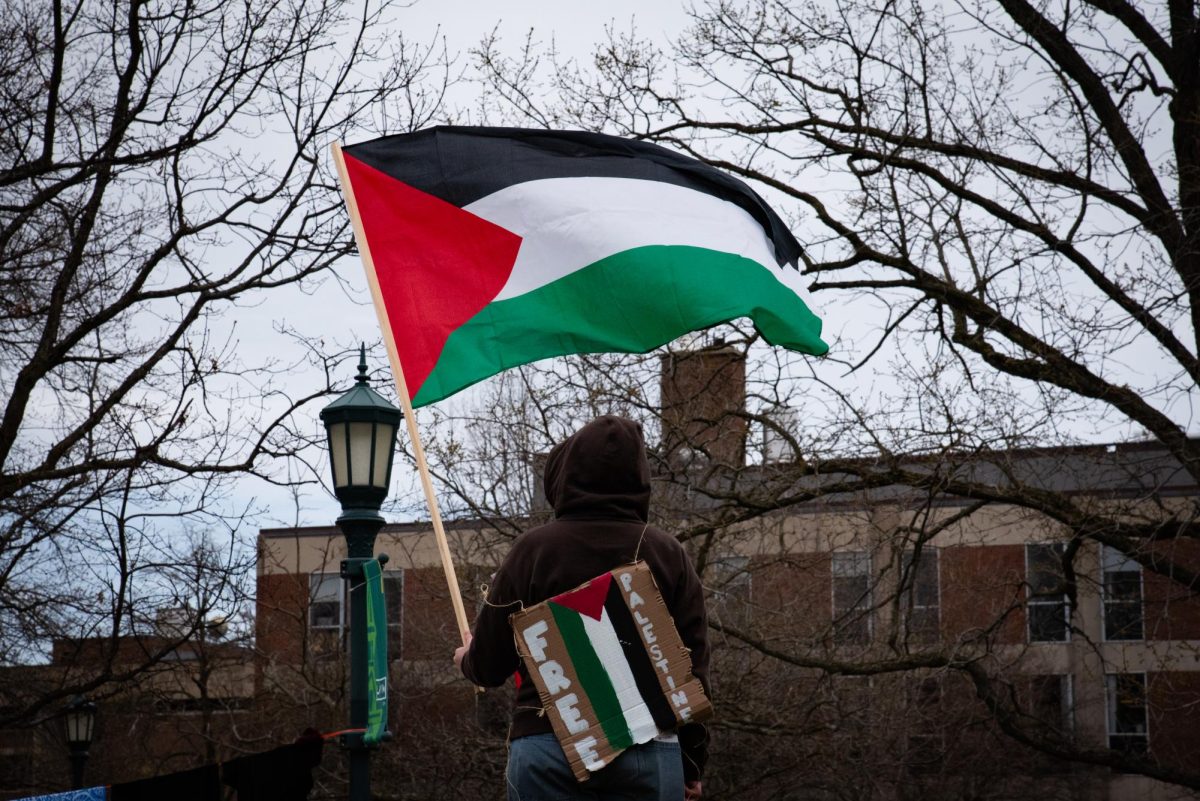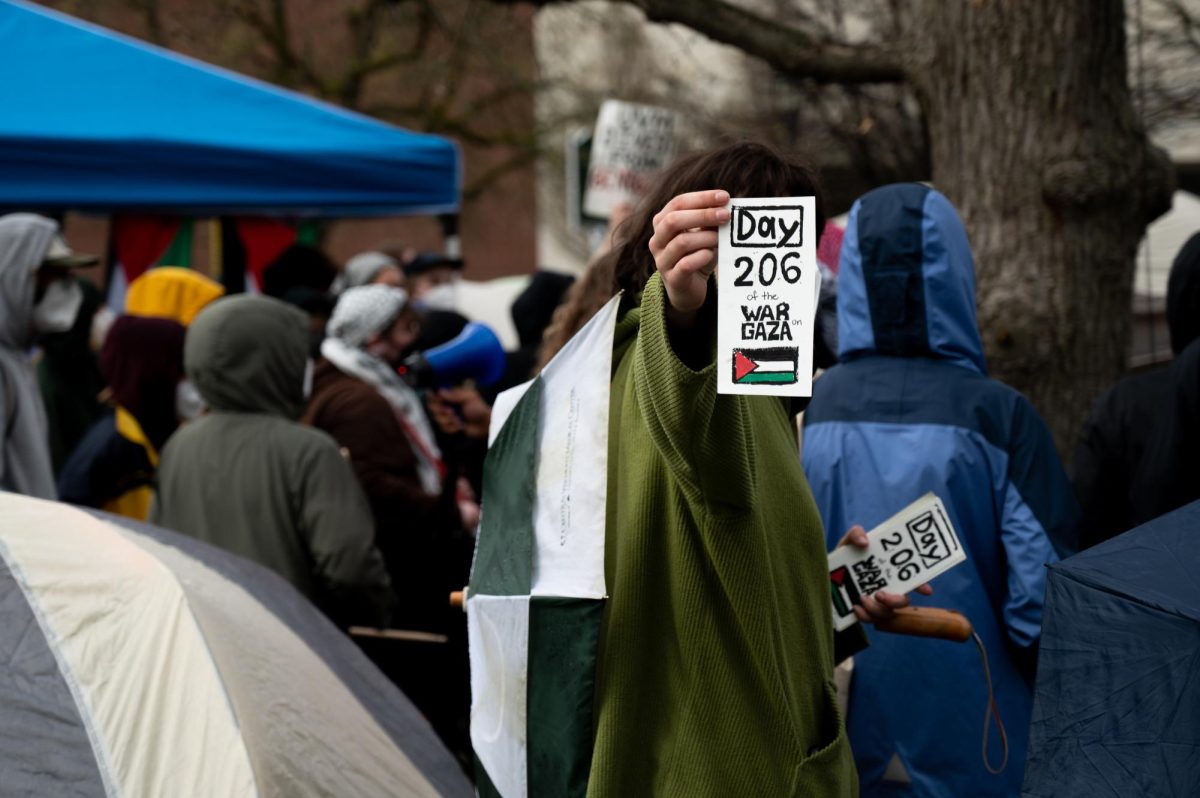Editor’s note: This story was updated January 9 at 12:57 p.m. to correct phrasing regarding the Men and Masculinities Program.
Rumor has it that Burlington has the new nickname “Girlington” due to the gender gap among this year’s incoming first-years at UVM.
Sixty-two percent of this year’s first-year class are women. Because of the gender gap, men now struggle to find purpose, which was easy for them to do one or two generations ago, according to a Nov. 12 CBS News program.
The program discussed the gender gap in enrollment at UVM, and claimed that this is a national trend, but UVM has been put under the spotlight.
To address this problem, the Men and Masculinities Program is in the works at UVM. The goal of the program is to raise awareness that both men and women struggle and their struggles can co-exist. The program will be housed in the Women and Gender Equity Center.
“Being masculine has shifted toward being a problem,” said first-year Cale Ellingson. “I think part of what males are struggling with is understanding what being a ‘manly man’ means and seeing that nowadays it is hard to find a framework for being a positive male in our society.”
Some students noted a tension between older expectations around masculinity and newer ideas of gender.
“Men are under this implication that they are meant to be strong and they’re supposed to be the breadwinner of the household,” said junior Maxine Flordeliza. “It is still implicitly embedded within our system, even within our college system today.”
The Men and Masculinities Program could help males to think and contextualize their identity, Flordeliza said.
However, all students disagreed that men are struggling because of women’s success.
“There are areas where men are struggling but that is not a direct result of women,” said first-year Holly Fermon. “[It is] a result of the patriarchy that they themselves uphold.”
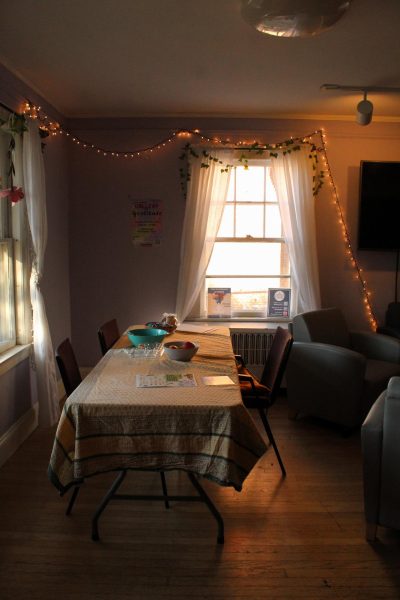
(Chelsea Thatcher)
When speaking about the Men and Masculinities Program, some interviewees expressed concern of the program being housed in the WAGE Center.
“The [programs] should be separate,” Ellingson said.
Housing the Men and Masculinities Program in WAGE could take away people’s safe spaces and stop men or women from getting the help that they need, which could be problematic, he said.
With the history of sexism and misogyny, it would definitely be difficult to open a program dedicated to men in the women’s center, said first-year Krane Davis.
Other students emphasized that mental health support should not be defined by gender but should be seen as something open for all.
“Mental health should be genderless,” Ferman said. “The [program] is problematic because it views gender as a heteronormative binary structure of men and women. In actuality, there’s a high population in the world and at UVM of nonbinary and gender non-conforming individuals that the video completely ignores.”
Instead of viewing the problem through a binary gendered lens, we should focus on helping people in areas where they are struggling, Ferman said.
Melissa Murray, director of the WAGE Center, sees the opening of the Men and Masculinities Program as a way to facilitate inclusion and gender equity, she said.
“Gender equity includes everybody in the gender galaxy, and you can’t include everyone in the gender galaxy if you don’t talk about the needs of men,” Murray said.
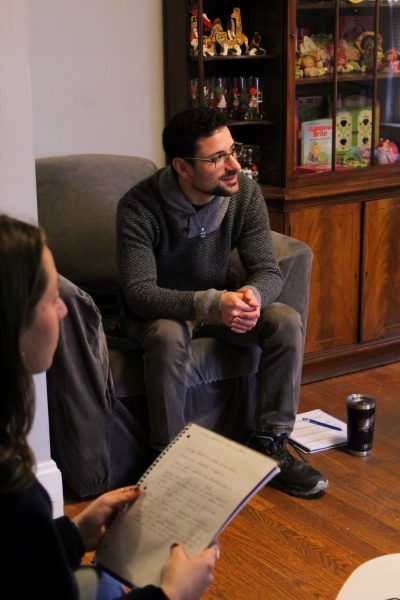
(Chelsea Thatcher)
The goal of the Men and Masculinities Program is to recognize that men have gender too, said Evan Cuttitta, the program coordinator.
“When we say gender equity, we not only mean spaces or resources that are just for women but spaces and resources that are applicable to all gender identities,” he said.
Murray and Cuttitta agreed that while the CBS program was informative and a good introduction to the conversation about the issue, they would welcome more student perspectives and voices.
“I would have preferred if the video chose more students to express their opinions,” Cuttitta said. “It seemed like it was female against male and that’s not necessarily the case.”
It would be great to have another TV program done on the results of the work that is about to start, Murray said.
“I just wish they would come back in like six months or a year to see what we’re actually doing,” she said.


